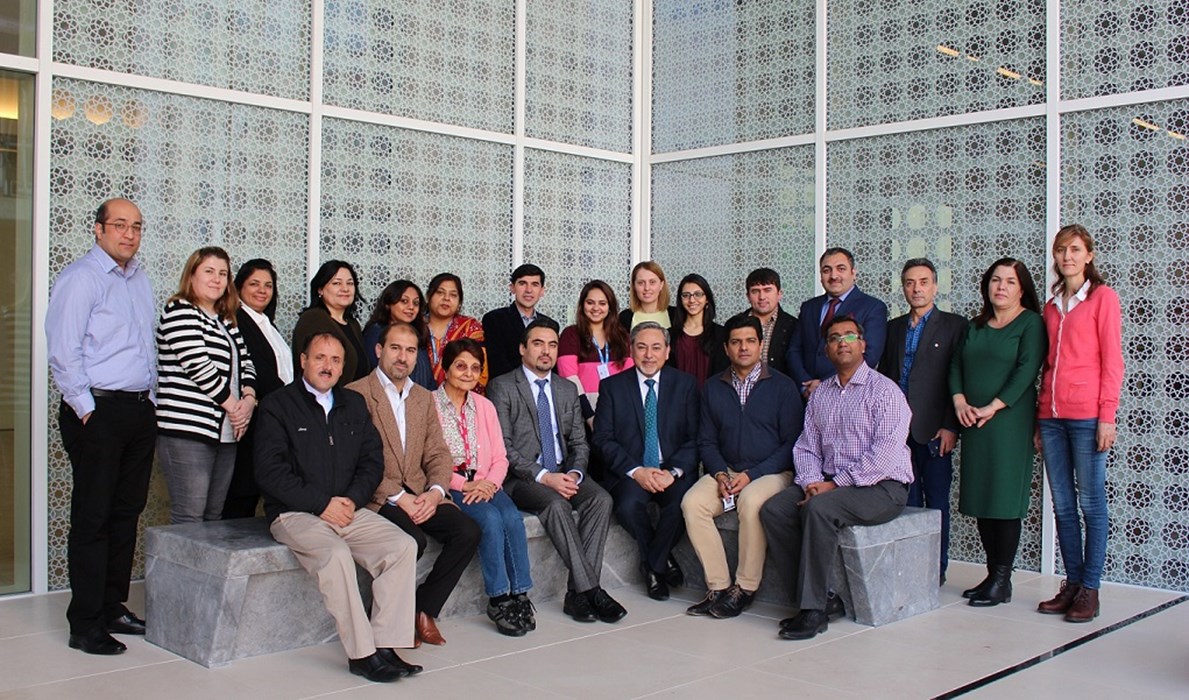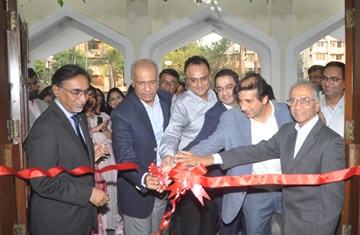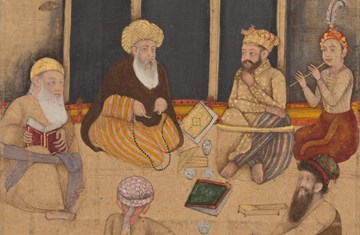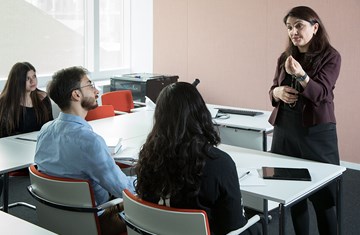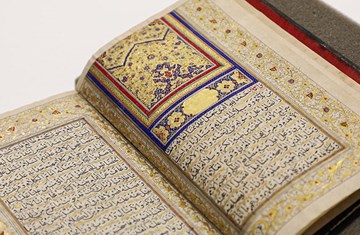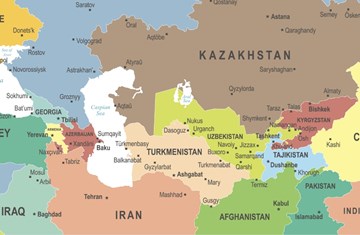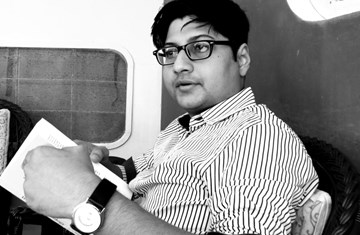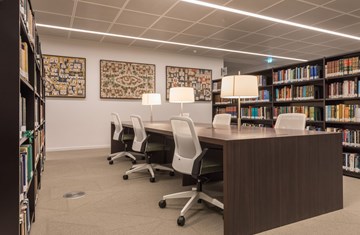IIS Partners with Cambridge Professional Development Qualification to Train Teacher Educators
…for many people their religion has a major impact on how they understand the world, permeating their thinking and influencing their understanding of other AOKs [i.e. areas of knowledge] ... for many, religion provides a backdrop to all the other knowledge they have.
Theory of Knowledge Guide, International Baccalaureate, 2013
The edifice of effective student learning, which is at the heart of a good education system, has long been deemed to reside upon at least two pillars – the quality of curriculum and the quality of teaching. For children, the teacher is undoubtedly significant among many other factors that attract them to attend classes. Religious education teachers in particular are expected to play a pivotal role in educating, developing and nurturing the character of the young. Thus, teacher educators arguably have a heavier responsibility as they act as “teachers of teachers”.
In order to meet the needs of religious education in the ever changing society, The Institute of Ismaili Studies (IIS) has partnered with the Professional Development Qualification (PDQ) Unit of Cambridge Assessment International Education to design and implement a pilot programme for primary-level teacher educators from the Ismaili Tariqah and Religious Education Boards (ITREBs). The programme is geared towards supporting the teacher educators to deliver the IIS’s curriculum, drawing upon new research and modern principles of education, making learning a creative and engaging experience for young minds, as well as seeking to bridge religious and secular education.
The integration of the IIS’s Ta‘lim and Cambridge PDQ’s curricula offers an opportune space to create quality teaching and learning experiences. The programme curriculum is dynamic and responsive to the needs of the field and the teacher educators it supports. Based on conversations with ITREBs, additional elements such as child psychology, parental engagement, as well as inclusive and multi-grade teaching and learning have been added to the curriculum. Informed by field visit observations and portfolio submissions for phase one of the programme, further themes were added to the curriculum, such as academic skills development workshops.
The episodic programme, which runs across three phases, started in August 2018 with 18 teacher educators from ITREBs for Afghanistan, India, Pakistan, Tajikistan and the UAE. It employs a blended approach to teaching and learning. Both IIS and Cambridge PDQ share the ethos that by supporting teacher educators through face-to-face interaction, online and work-based professional development, we are better able to improve the learning experiences for the participants. This includes guided learning, practice-based workshops, practicums at centres in London, a virtual learning environment, and field work at their local ITREBs, where participants can apply theory to practice in their context. IIS and Cambridge faculty visit the teacher educators in the field twice during the programme to observe their practice, provide context-specific feedback, and help them grow in their vocation. The pilot programme is envisaged to complete in 2020 where successful candidates will be awarded a Diploma in Teaching and Learning from Cambridge PDQ and a Certificate in Primary Teacher Education from the IIS.
Speaking about the programme participants, Cambridge faculty member, Ray Eaton said:
They have embraced teaching and learning concepts such as active learning and using formative assessment and feedback to support and progress learning – which they have then used in their own classroom practice to fully understand, through reflective practice, how they can enable students to learn more effectively. Another outstanding feature of the programme is the way the primary teacher educator’s mentors have been willing to take up their role in providing support and guidance to the teacher educators as they progress through the course. It is envisaged that the primary teacher educators, their mentors and the Ta‘lim primary volunteer teachers will form a community of learners who will share experiences and learn from each other in order to improve the learning experiences of all Ta‘lim primary students.
Mamadbek Zamirov, a primary teacher educator participant from Tajikistan commented:
The faculty members have expanded our intellectual horizons, especially with regards to the normative, humanistic and civilisational approaches of the curriculum. By going through this transformational experience, I am excited and looking forward to planting the unique seeds and techniques that I have gained to teach differently and better respond to my student’s learning needs.
At the time of writing this story, we were informed that all 18 candidates of the programme have successfully completed phase 1 of the programme and have been awarded a Distinction by Cambridge PDQ – just another indicator of the quality of the candidates and the training being provided to them.

